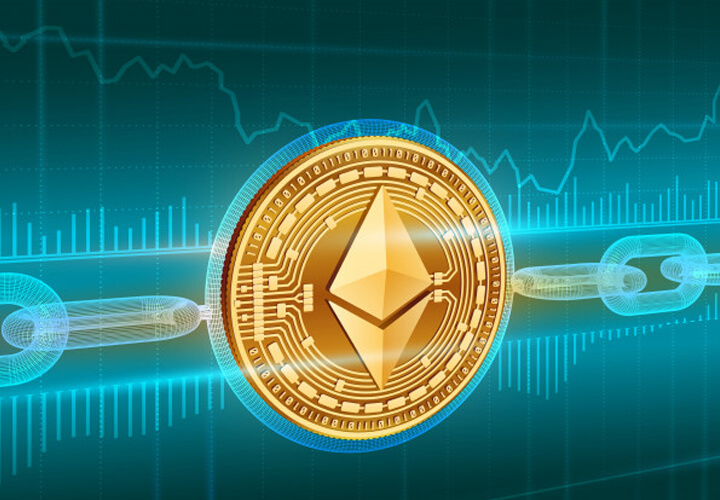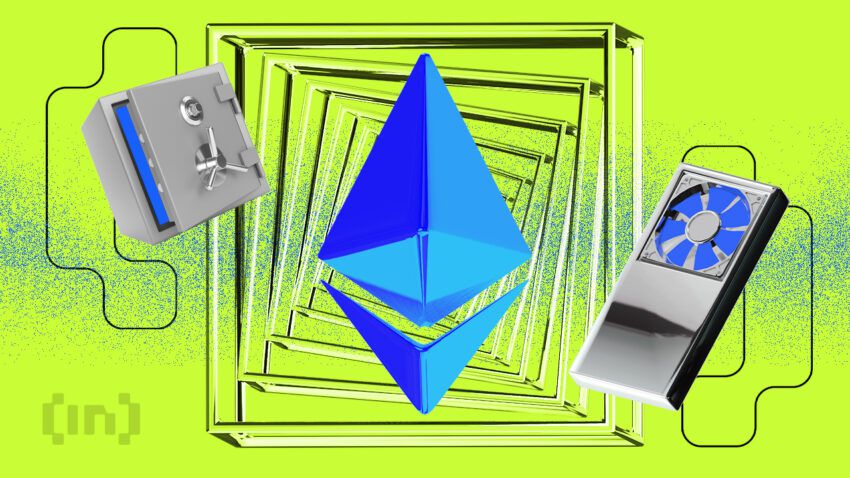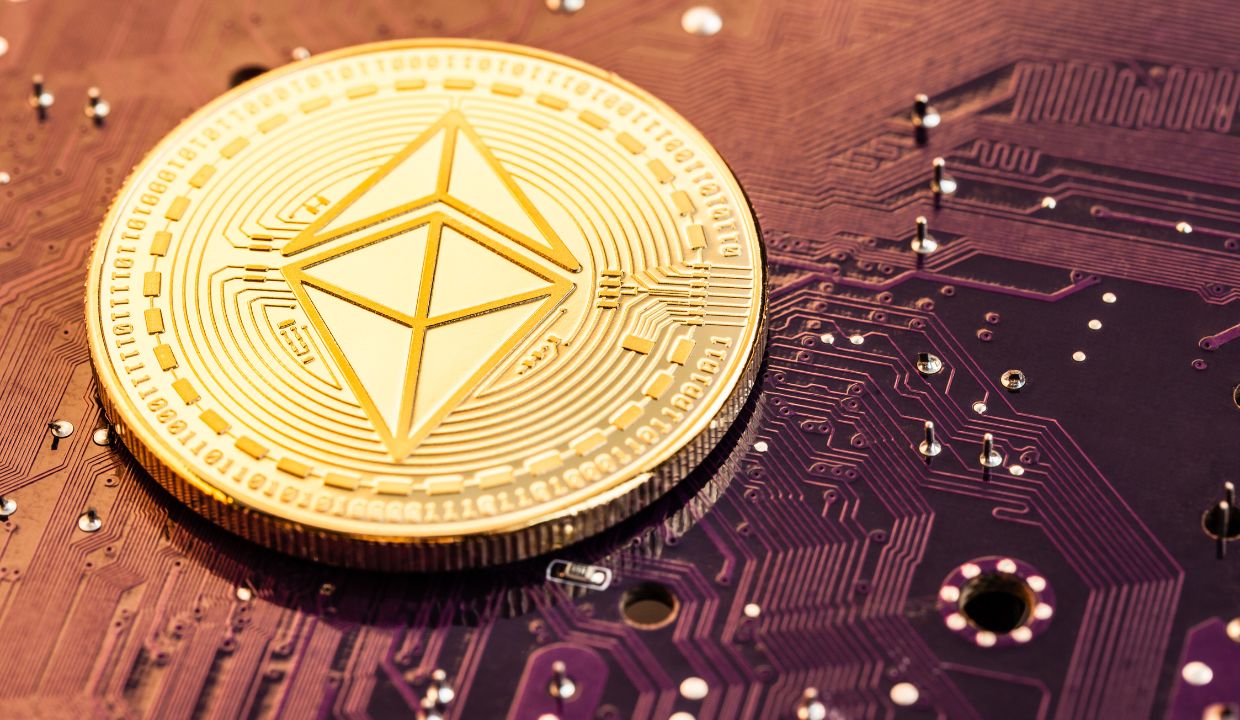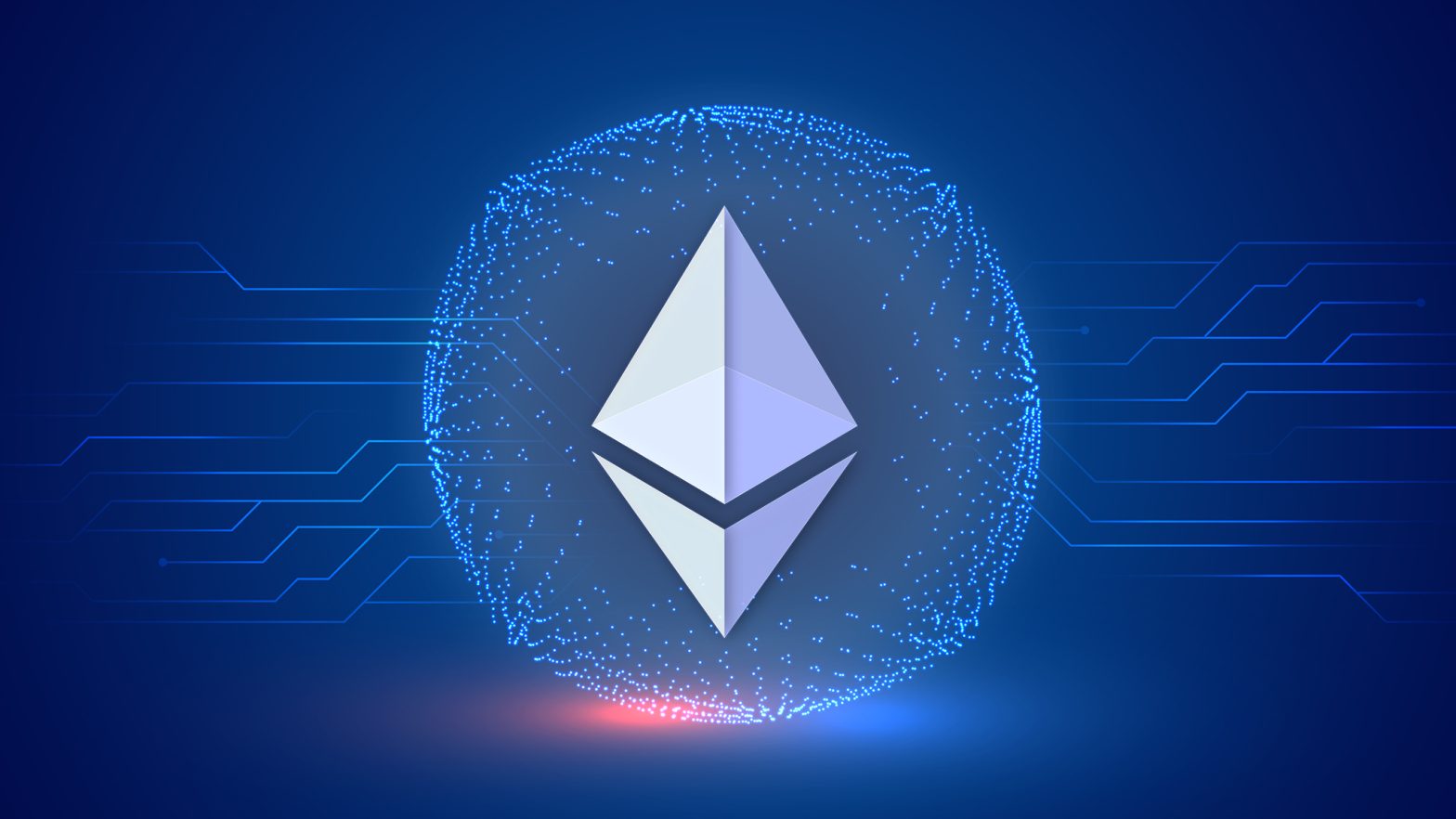In the rapidly evolving digital landscape, the concept of ownership has taken a remarkable turn with the advent of Non-Fungible Tokens (NFTs) on the Ethereum blockchain. This innovative technology has ushered in a new era of digital ownership, enabling creators to monetize their digital assets in unprecedented ways. Let’s delve into the fascinating world of NFTs, explore their impact on various industries, and understand how Ethereum is at the heart of this transformative movement.
NFTs, or Non-Fungible Tokens, are unique digital assets that represent ownership or proof of authenticity of a specific item using blockchain technology. Unlike cryptocurrencies like Bitcoin or Ethereum, NFTs cannot be exchanged on a one-to-one basis due to their distinct properties. Each NFT is indivisible and holds metadata that certifies its uniqueness, making it ideal for representing digital art, collectibles, music, videos, virtual real estate, and more.
How NFTs Work

NFTs rely on blockchain technology, notably Ethereum, to record transactions and confirm the authenticity and ownership of digital assets. Smart contracts are employed to automate the buying, selling, and transferring of NFTs, ensuring secure and transparent transactions. This eliminates the need for intermediaries and provides creators with direct access to their audiences.
Ethereum, a decentralized platform that enables the creation of smart contracts and decentralized applications (DApps), has emerged as a primary platform for NFTs. Its robust infrastructure and support for these unique tokens have catalyzed the rapid growth of the NFT market, empowering creators to tokenize and monetize their work seamlessly.
The art industry has witnessed a profound transformation with NFTs, allowing artists to showcase and sell their digital creations in ways that were previously unimaginable. These tokens provide a solution to the long-standing challenge of digital art’s reproducibility, granting artists control over their work and enabling them to receive royalties from secondary sales.
NFTs in Gaming and Entertainment
The gaming and entertainment sectors have embraced NFTs to enhance player experiences and introduce true ownership of in-game items. Players can buy, sell, and trade NFT-based assets, fostering a vibrant virtual economy within gaming communities. This shift also opens doors for new game development models and revenue streams.
NFTs have disrupted the music industry by enabling musicians to release exclusive tracks, albums, and merchandise directly to their fans. This direct engagement fosters a stronger artist-fan connection while revolutionizing how music royalties are distributed.
Tokenizing Real-World Assets

Beyond the digital realm, NFTs are being explored as a means to represent ownership of real-world assets like real estate, luxury goods, and more. This concept has the potential to reshape traditional markets by increasing accessibility and liquidity.
The energy consumption of blockchain networks, particularly Ethereum, has raised concerns about the environmental impact of NFTs. As the popularity of NFTs continues to grow, addressing these concerns and exploring more energy-efficient solutions becomes imperative.
The adoption of NFTs has prompted legal discussions surrounding copyright, ownership, and intellectual property rights. Addressing these legal considerations is essential to ensure a fair and equitable NFT ecosystem.
The Future of NFTs
The future of NFTs is rife with possibilities. From virtual reality experiences to innovative use cases in healthcare and education, NFTs are poised to reshape industries and further blur the line between physical and digital realms.
NFTs offer a range of benefits, such as empowering creators, enabling new revenue streams, and democratizing access to the art world. However, challenges like environmental concerns and regulatory hurdles must also be addressed for NFTs to reach their full potential. The concept of ownership has expanded beyond physical possessions to include digital assets. NFTs represent a shift towards embracing digital ownership as a valid and valuable form of possession.
NFTs have the potential to influence cultural norms and challenge traditional ideas of ownership. Their ability to capture cultural moments and expressions can create new opportunities for artists and creators from diverse backgrounds.



Leave a Reply